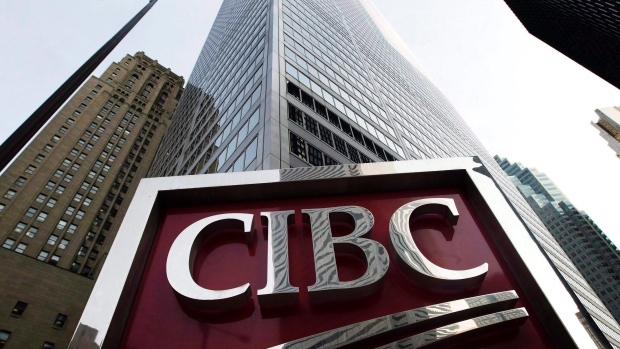Nov 29, 2018
CIBC's U.S. foray cuts domestic reliance even as earnings miss
, Bloomberg News

Canadian Imperial Bank of Commerce missed analysts’ earnings estimates for the first time in almost four years even as the company’s U.S. foray helped lessen its reliance on domestic banking.
CIBC posted a 22 per cent increase in earnings from U.S. commercial banking and wealth management, outpacing growth in the lender’s domestic businesses and capital-markets operation in the fiscal fourth quarter. The U.S. unit contributed $131 million to earnings, up from $107 million a year ago, when it acquired Chicago-based PrivateBank in its largest takeover ever.
Key Insights
-Chief Executive Officer Victor Dodig had big plans after closing the $5 billion takeover of PrivateBank last year, setting a goal of getting 17 per cent of earnings from U.S. businesses, including capital markets, by 2020. Canada’s fifth-largest lender by assets gets a greater share of earnings from domestic banking than any of its larger peers, which has led to investor criticism that it’s too focused on its home country.
-The U.S. push is helping change that, but CIBC still had 53 per cent of profit from Canadian personal and small-business banking, its biggest earnings contributor.
Market Reaction
Shares of CIBC had fallen 5.2 per cent this year to Wednesday’s close, compared with a 4.4 percent decline for the eight-company S&P/TSX Commercial Banks Index.
Get More
Net income for the period ended Oct. 31 rose 8.9 per cent to $1.27 billion, or $2.80 a share. Adjusted earnings were $3 a share, missing the $3.02-a-share average estimate of 14 analysts surveyed by Bloomberg. This marks CIBC’s first earnings miss after topping estimates for 15 consecutive quarters.






